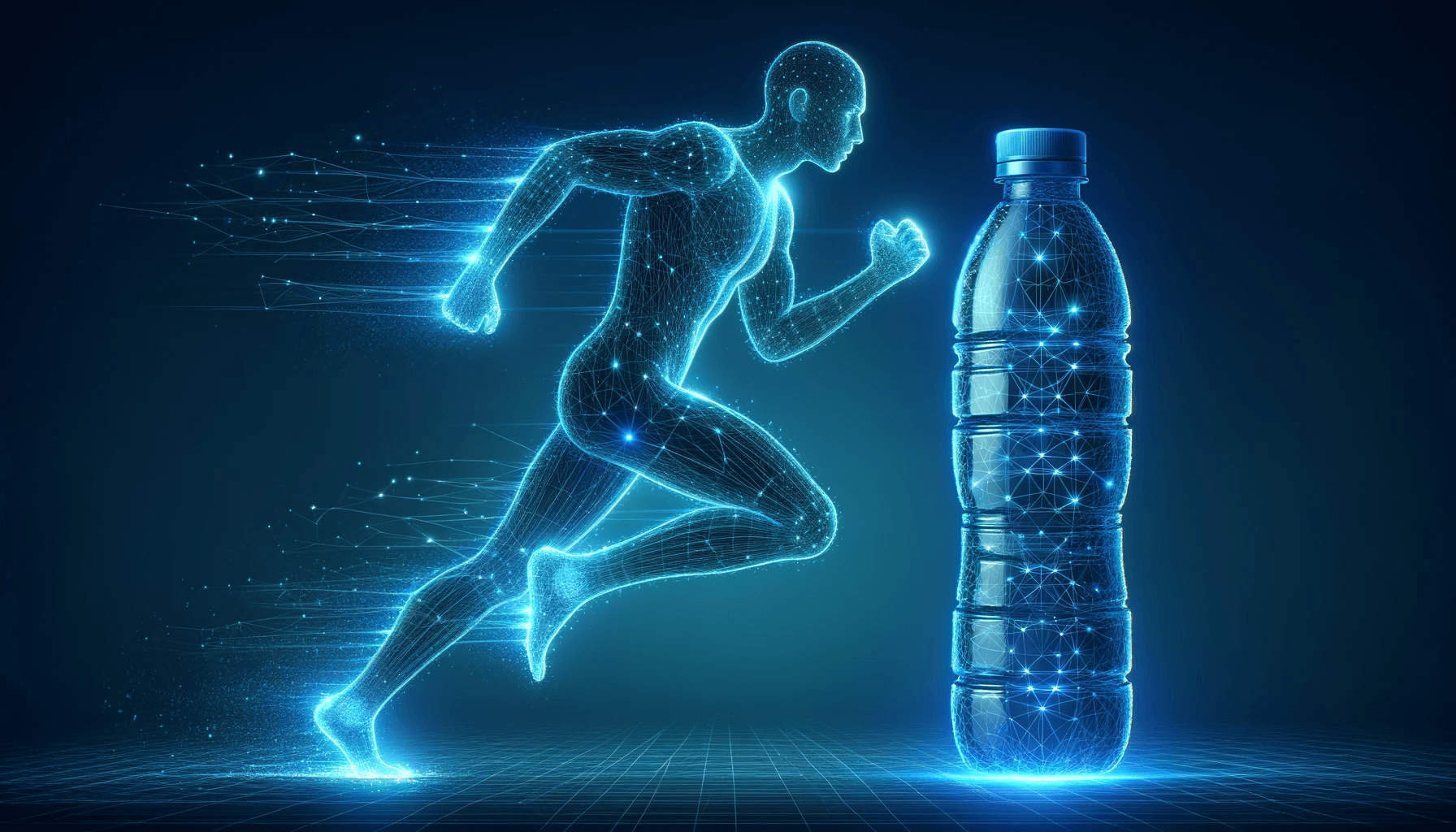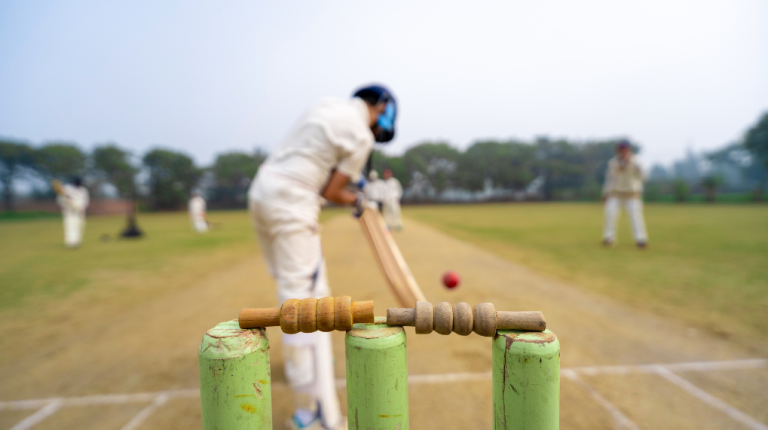The Crucial Role of Electrolytes in Sports Performance
Introduction
In the dynamic world of sports, achieving peak performance is not solely reliant on physical prowess and training regimens. One often-overlooked aspect that plays a pivotal role in an athlete’s success is the balance of electrolytes within the body. Electrolytes, comprised of minerals like sodium, potassium, calcium, and magnesium, are essential for maintaining proper fluid balance, nerve function, and muscle contraction. In this blog, we delve into the importance of electrolytes in sports, exploring how they contribute to optimal performance, recovery, and overall well-being.
Electrolytes and Hydration
Hydration is fundamental to athletic performance, and electrolytes play a crucial role in maintaining the body’s fluid balance. Sweating, a natural response during physical exertion, leads to the loss of not only water but also essential electrolytes. Sodium, in particular, is a key electrolyte lost through sweat. Insufficient replenishment of electrolytes can result in an electrolyte imbalance, leading to symptoms like muscle cramps, dizziness, and fatigue. Athletes engaged in endurance sports, such as marathon running or cycling, are particularly prone to dehydration and electrolyte imbalances. Hyponatremia, a condition characterized by low sodium levels in the blood, can occur if an athlete consumes excessive amounts of water without adequate electrolyte intake. Striking the right balance is essential to prevent both dehydration and electrolyte imbalances, ensuring optimal performance and reducing the risk of adverse health effects.
Muscle Function and Performance
Muscle contraction is a fundamental aspect of athletic performance, and electrolytes are indispensable for this physiological process. Calcium, sodium, and potassium work together to regulate muscle contractions, ensuring they are efficient and well-coordinated. Any imbalance in these electrolytes can lead to muscle cramps, weakness, and impaired performance. During intense physical activity, the body’s demand for energy and oxygen increases. Adequate electrolyte levels facilitate the transport of nutrients and oxygen to muscle cells, enhancing endurance and reducing the risk of premature fatigue. The strategic replenishment of electrolytes, particularly during prolonged exercise, can significantly contribute to maintaining muscle function and sustaining performance levels.
Nerve Function and Coordination
The transmission of nerve impulses is crucial for coordination, reflexes, and overall athletic skill. Sodium and potassium ions are integral to the proper functioning of nerve cells. They create an electrochemical gradient that allows nerve impulses to travel efficiently along nerve fibres, facilitating quick and precise movements. In sports that require rapid reactions and coordination, such as tennis, basketball, or soccer, maintaining optimal electrolyte levels is essential. Athletes with imbalances may experience delayed reflexes, diminished coordination, and a decline in overall skill execution. By prioritizing electrolyte balance, athletes can enhance their neuro-muscular coordination, gaining a competitive edge on the field or court.
Recovery and Adaptation
Post-exercise recovery is a critical phase for athletes aiming to improve performance and prevent injuries. Electrolytes play a vital role in this recovery process by aiding in the restoration of fluid balance and replenishing essential minerals lost during exertion. Sodium, for instance, helps the body retain water, preventing excessive fluid loss through urine. Potassium is crucial for muscle recovery and glycogen replenishment. Magnesium contributes to muscle relaxation, reducing post-exercise stiffness and soreness. Ensuring proper electrolyte intake in the recovery phase is not only about rehydration but also about supporting the body’s adaptive response to training. Athletes who neglect electrolyte replenishment may experience prolonged recovery times, increased susceptibility to injuries, and a compromised ability to adapt to the physical demands of their sport.
Environmental Factors and Electrolyte Needs
Environmental conditions, such as heat and humidity, can significantly impact an athlete’s electrolyte requirements. Sweating increases in these conditions, leading to higher losses of electrolytes, particularly sodium. Failure to adjust electrolyte intake based on environmental factors can result in dehydration, heat-related illnesses, and diminished performance. Athletes competing in hot and humid climates or engaging in activities with prolonged exposure to the sun must pay special attention to electrolyte replenishment. Sports drinks containing a balanced mix of electrolytes can be particularly beneficial in these situations, helping athletes adapt to challenging environmental conditions and perform at their best.
Muscle Contraction and Electrolytes
Muscle contraction is a complex process involving the interplay of various electrolytes, primarily calcium, sodium, and potassium. These minerals regulate the electrical impulses necessary for muscles to contract and relax efficiently. Any imbalance in these electrolytes can result in muscle cramps, weakness, and compromised performance. During physical activity, the demand for energy increases, and efficient muscle contraction becomes paramount. Adequate electrolyte levels facilitate the transport of nutrients, including oxygen, to muscle cells. This enhances endurance and reduces the risk of premature fatigue, allowing athletes to push their limits. In endurance sports, such as marathon running or cycling, where muscle performance over an extended period is crucial, maintaining optimal electrolyte levels becomes even more critical. Athletes need to incorporate electrolyte-rich nutrition strategies to sustain muscle function and performance throughout prolonged activities.
Strategies for Electrolyte Replenishment
To ensure adequate electrolyte intake, athletes can adopt various strategies:
Balanced Nutrition: Incorporate electrolyte-rich foods into the diet, including fruits (e.g., bananas, oranges), vegetables (e.g., spinach, potatoes), and nuts (e.g., almonds).
Electrolyte Supplements: Consider electrolyte supplements or tablets to complement dietary intake, especially during intense training periods or in challenging environmental conditions.
Sports Drinks: Consume sports drinks containing a balanced mix of electrolytes during and after exercise, particularly for prolonged activities or in situations where sweat loss is substantial.
Individualized Approach: Recognize that electrolyte needs vary among individuals. Factors such as body weight, sweat rate, and specific sport requirements should be considered when determining the appropriate electrolyte replenishment strategy.
Conclusion
In the intricate tapestry of sports performance, electrolytes emerge as unsung heroes, silently influencing everything from muscle contractions to nerve function and recovery. The importance of maintaining optimal electrolyte levels cannot be overstated, as imbalances can lead to a cascade of negative effects on an athlete’s well-being and performance. Athletes and coaches alike must prioritize education on electrolyte management, seeking guidance from a sports nutritionist and tailoring strategies to individual needs and the demands of their specific sport. Whether through carefully formulated sports drinks, electrolyte-rich foods, or supplements, maintaining the delicate balance of electrolytes ensures that athletes can unlock their full potential, pushing the boundaries of their performance and achieving new heights in the world of sports.










